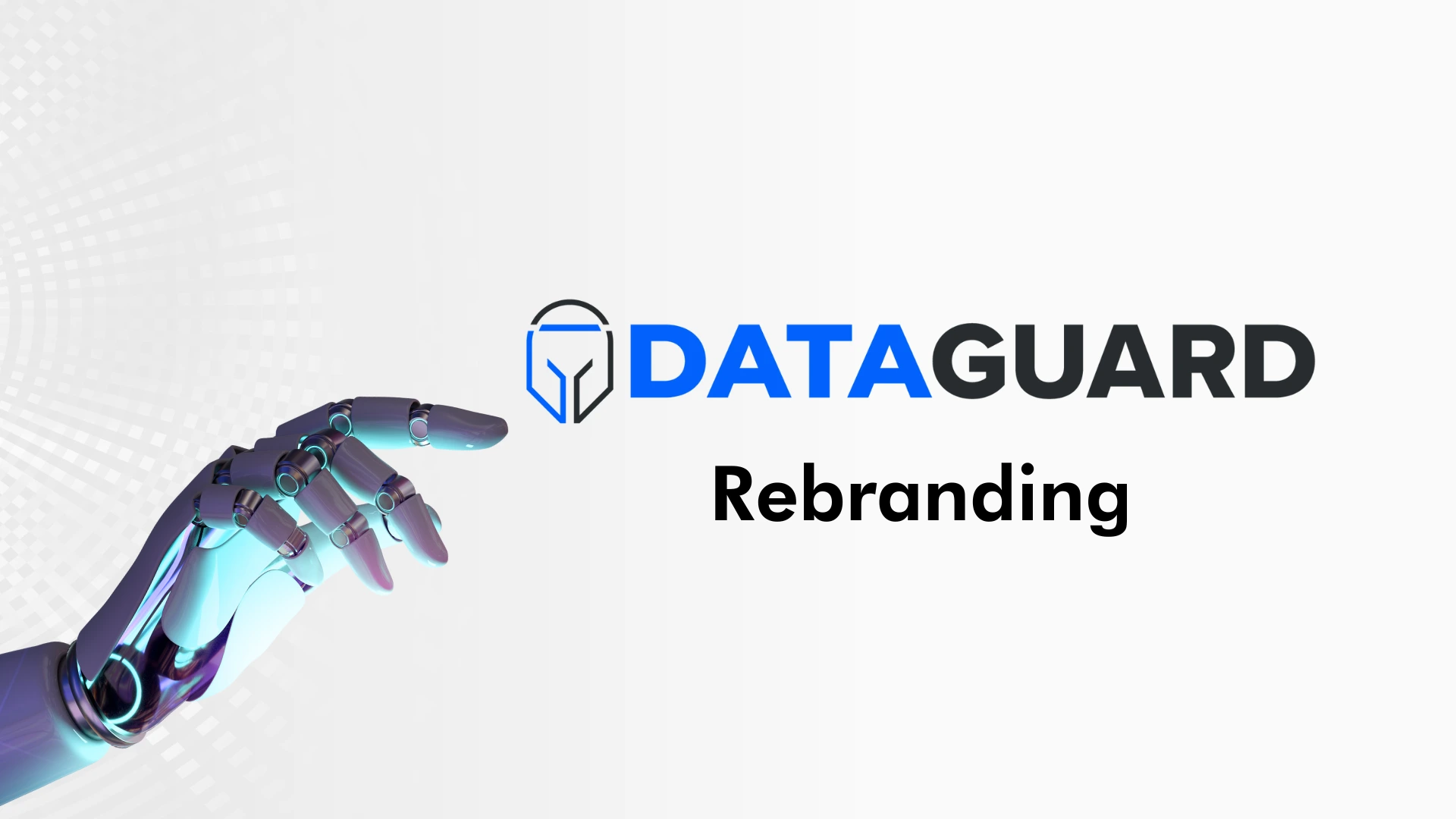10 Types of Hackers
Understanding the different types of hackers, what motivates them, and the malware they use can help you identify and defend yourself and your organization.
Hackers have matured since the days of pulling juvenile pranks like popup windows of annoying songs that you couldn’t shut off. As computers have evolved into a necessary part of the economy, hackers have evolved out of those wide-eyed nerds into an army of criminals.
Computers are no longer games, and hackers are no longer playing around. Today’s hackers are skilled professionals with serious jobs. They are paid well, have human resource teams, and take holidays off.
You may wonder, what are those jobs? The hacker employee profile is as diverse as the ways people earn money or power, but they fall, roughly, into 10 basic types.
The bank robber
Once there were bank robbers who rode horses and pointed guns as they stole money from banks, travelers, merchants and anyone offering an easy target. Today’s financial hackers ride into town on ransomware and use fake invoices, dating scams, fake checks, fake escrow intermediaries, denial-of-service attacks, and any other scam or hack that will help them steal money from company’s banks and stock accounts.
The nation-state
Today, most sophisticated nations have tens of thousands of skilled hackers on the payroll. Their job? Sneak behind enemy lines at other nations’ military and industrial networks to map assets and install malicious back doors. These are just the big stories. Nation-state hacking happens all the time, mostly quietly, and it isn’t going anywhere. The attacking nation certainly won’t do anything to prevent it or punish the hackers because they are soldiers doing their job to further that country’s objectives.
The corporate spy
For many hackers, a day in the office involves stealing corporate intellectual property, either to resell for personal profit or to further the objectives of the nation state that employs them. A common type of corporate espionage is to steal secret patents, future business plans, financial data, contracts, health data, and even the notes of legal disputes. Anything that gives competitors a leg up on the hacked organization is fair game.
The professional hacking group for hire
This is a relatively recent phenomenon where a group of expert hackers develop, buy or steal powerful malware and offer advanced-persistent-threat services to target their skills and tools for a fee. The goal might be financial gain, disrupting a competitor or enemy, or theft of valuable data or intellectual property. Their clients might be nation-states, companies interested in corporate espionage, or other criminal groups looking to resell what the hackers steal.
The rogue gamer
For millions of people, gaming is a serious business. It has spawned an industry that’s worth billions of dollars. The gaming industry has its own specialized hackers. They steal their competitors’ credit caches or cause anti-competitive distributed denial-of-service attacks.
Cryptojackers
Harnessing other people’s computing power is a trick that hackers, and legitimate endeavors, have used since computers first started landing on a desk. It is where hackers use other people’s hard drives to store large files such as videos.
The hacktivists
Hackivists use hacking to make a political statement or promote social change. They either want to steal embarrassing information from a victim company, cause operational issues for the company, or wreak havoc that will cost the victim company money or bring attention to the hacktivist’s cause.
The botnet masters
Many malware coders create bots to be sent out into the world to infect as many computers as they can. The goal is to form large botnet armies that will do their evil bidding. Once your computer becomes their minion, it sits waiting for instruction from its master. These instructions usually come from command-and-control servers. The botnet can be used directly by the botnet creator but more often that master rents it out to whoever wants to pay. According to some experts, one-fifth of the world’s computers have been part of a botnet army.

The adware spammer
You’re lucky if your company is only compromised by a spam malware program or your browser is only hijacked by an adware program that is looking to sell you something. Adware works by redirecting your browser to a site you did not intend to go to.
Perhaps you were searching for “car rental” and the adware program sent you instead to “vacation discounts.” Spam and adware might not seem like a huge threat, but it can be a symptom of a serious system leak.
The thrill hacker
Most hackers work with a financial goal in mind with malicious motives or are trying to achieve a political goal. A class of hacker remains who is in it for the thrill. They may want to demonstrate what they can do. There are not as many thrill seekers anymore because hacking, whatever the motives, breaks laws and prosecution is a real possibility.
With all these threats in the cyber world you need an experienced cybersecurity team on your side with artificial intelligence, behavioral detection, and a 24/7 security operation center, Data Guard 365 has proven to be the answer to stopping threats that would otherwise harm your organization.
Receive a Complimentary Cyber Health Check

George Ross, VP Business Development, Data-Guard 365
Data-Guard 365 is a MSSP firm headquartered in Indianapolis, Indiana, with offices in Chicago, Atlanta, and other strategic locations across the globe. The company is a one-of-a-kind business partner whose people, processes, and technology provide invincible cyber security for a price point that pays for itself. www.Data-Guard365.com / (317) 967-6767 / info@data-guard365.com
Industries
Solutions
- 24/7 Security Operations Center (SOC)
- Business Email Compromise (BEC)
- Chief Information Security Officer (CISO)
- Continuous Vulnerability Scanning
- Data-Loss Prevention (DLP)
- Guardian Absolute Program
- HIPAA Compliance Program
- Incident Response Retainer (IRR)
- Managed Detection and Response (MDR)
- Managed Security Awareness Training
- Penetration Testing (PenTest)
- Regulatory Compliance Services
- SIEM and SOAR
- Zero-Trust Framework
Latest Posts
- UnitedHealth Cybersecurity Breach: $872M Loss & BlackCat Ransomware Threat
- BlackCat/ALPHV Ransomware: In-Depth Analysis, Detection, Mitigation
- Cisco Duo Multifactor Authentication Service Breached: Insights and Recommendations
- Simplifying Cybersecurity for SMEs with DataGuard’s Guardian Absolute Program
- Why Data Breaches Continue to Escalate Despite Rising Cybersecurity Investments
- Secure the Flow: Combat Cyber Threats to Water Infrastructure
- 2023 Cybersecurity Review
- The Cloud Illusion: Why Microsoft Isn’t as Safe as You Think




